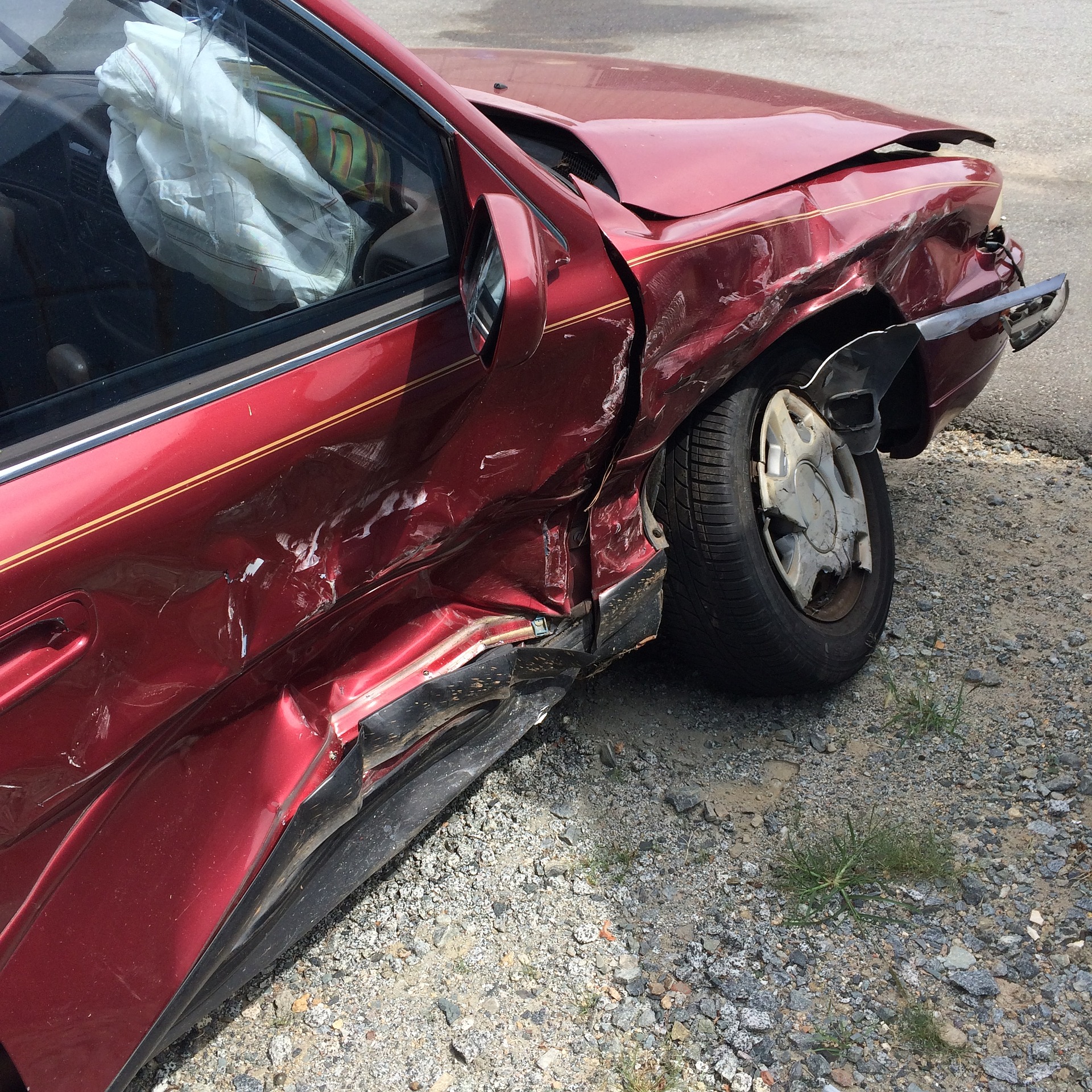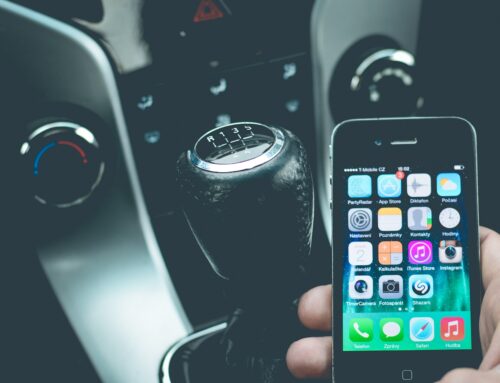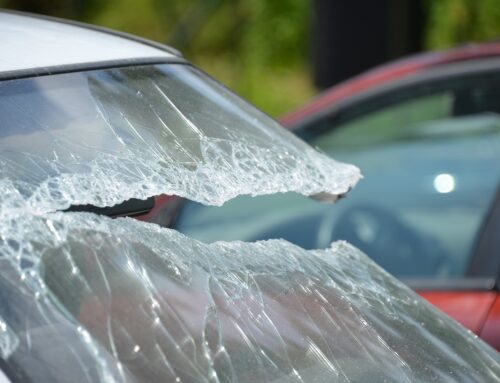Recently, the Insurance Journal reported that Florida Governor Ron DeSantis vetoed an auto insurance bill that looked to update the minimum financial responsibility requirements in Florida. The bill would have replaced personal injury protection (PIP) with medical payments coverage. Insurance professionals are torn in their reactions. Let’s explain what the bill addressed, and what it tried to amend.
What is PIP?
PIP stands for Personal Injury Protection. This type of coverage is required in no-fault states such as Florida. The coverage provides financial protection for the insured’s injuries regardless of who is at fault in the accident. PIP coverage covers expenses incurred as a result of bodily injury in a car accident. Those expenses may include medical costs, lost wages, and death benefits. However, PIP is limited in scope and only provides coverage up to a certain financial level.
Floridians are required to purchase a minimum of $10,000 PIP coverage in order to have their car on the road. That $10,000 is meant to cover medical expenses and lost wages caused by the accident. Each motorist, regardless of fault, contacts their own insurance company first – advising that an accident has occurred and that the insured is headed to an emergency room, doctor’s office, or trauma center.
Detractors of the Governor’s veto protest that in a major accident, $10,000 is rarely enough to cover the medical bills – let alone ongoing treatment and wage loss. At the moment, there are two options. The first is to purchase additional Medical Payments coverage, which provides coverage similar to traditional PIP. The second choice is to sue the other driver for the additional money you need.
Unfortunately, the latter option is the very action that PIP was originally designed to avoid. The idea was that in order to limit the number of lawsuits, each person could have coverage to cover their own bills. However, more often than not, those lawsuits still occur.
What Did the PIP Reform Bill Offer?
There were three main components in the overall bill that sought to amend the current legal coverages:
- The requirement to carry a minimum of $10,000 property damage liability was maintained
- A requirement to carry a minimum of $25,000 per person and $50,000 per accident bodily injury liability was added
- The requirement to acquire additional medical payments coverage. The minimum limit was $5,000 and ranged to $10,000.However, at the moment these changes will not be implemented, according to the Governor’s veto.
Is PIP Reform Needed?
Of course, there are as many opinions as there are people, but insurance professionals as a rule realize that the PIP program is broken and does need reform. As noted above, the very reason for implementing PIP – to avoid lawsuits – has failed miserably. Lawsuits after a car accident are actually very prevalent in the state of Florida, and one of the most common cases (if not the most common case) taken on by Florida personal injury attorneys. That fact does seem to indicate that PIP reform should be considered again in the near future.
At the moment, PIP coverage is still required – but it is not the only coverage available to protect you in the case of an accident. To learn more about your options for auto insurance, call the experts at Anderson & Associates Insurance Group.









